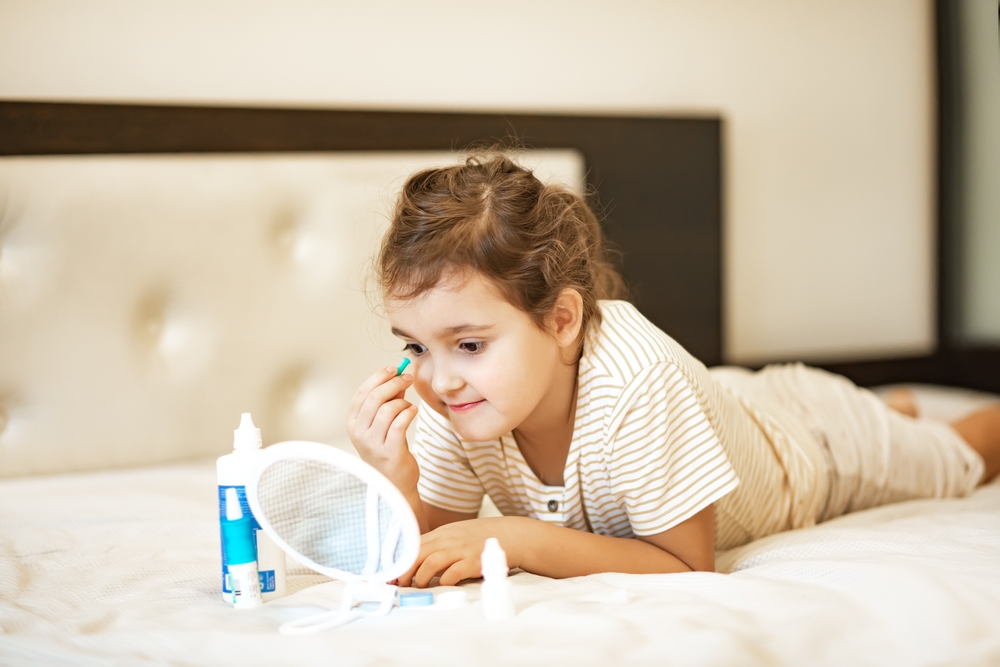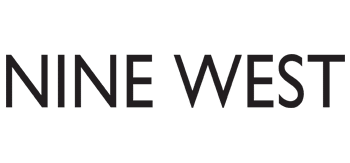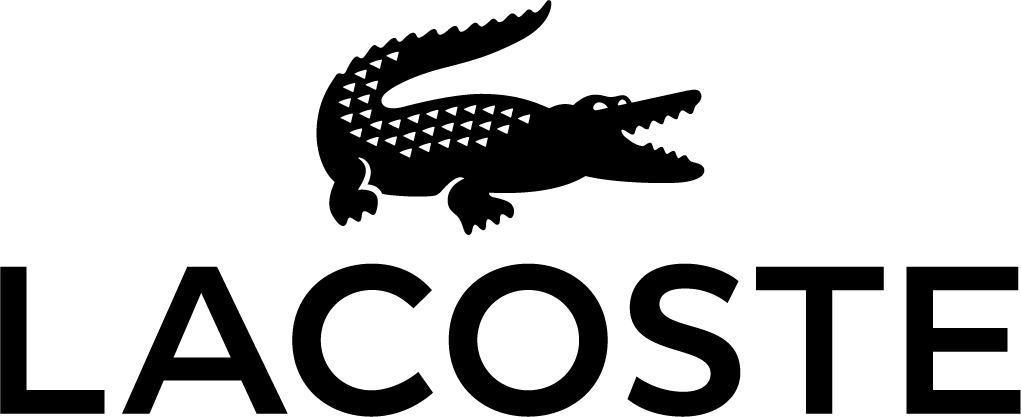
Nearsightedness, or myopia, has become increasingly common in children and teens. Studies show that nearly 1 in 3 kids in the United States is now affected, and that number continues to rise worldwide. The condition develops when the eye grows too long or the cornea becomes too curved, causing light to focus in front of the retina instead of directly on it. This results in blurry distance vision.
Why Is Myopia So Common Today?
Several lifestyle and environmental factors have contributed to the rise in childhood myopia:
Increased screen time: Hours spent on digital devices for school, gaming, or social media mean kids spend more time focusing up close.
Less outdoor play: Natural light and distance viewing outdoors are proven to protect against myopia development, yet kids today spend less time outside.
Genetics: Children with one or both parents who are nearsighted have a higher chance of developing myopia themselves.
Because kids’ eyes grow rapidly, myopia often progresses quickly during school years. The earlier it starts, the more severe it can become.
What Is Myopia Management?
Severe or high myopia can increase the risk of serious vision complications later in life, including retinal detachment, cataracts, glaucoma, and macular degeneration. Unlike standard glasses or contact lenses that only correct vision, myopia management treatments are specifically designed to slow the progression of nearsightedness. The goal is to reduce how quickly your child’s prescription changes each year and to protect their long-term eye health. At Professional VisionCare, we use the latest evidence-based strategies to help kids and teens take control of their vision.
Orthokeratology (Ortho-K)
Ortho-K lenses are worn overnight and gently reshape the cornea while your child sleeps. In the morning, the lenses are removed, and your child can see clearly without glasses or contacts all day long. This method not only provides freedom from daytime lenses but also significantly slows myopia progression.
Atropine Eye Drops
Low-dose atropine eye drops, used once daily at bedtime, are safe and effective for children. They reduce the eye’s tendency to elongate, helping to slow down myopia development. Many parents appreciate this treatment because it’s easy to administer and doesn’t interfere with daily activities.
Multifocal Contact Lenses
Unlike traditional contacts, multifocal lenses use multiple focusing zones to both correct vision and signal the eye to slow down its growth. These lenses are worn during the day and are well-tolerated by most children and teens.
Our Personalized Approach to Healthy Vision
At Professional VisionCare, we start with a comprehensive eye exam to measure your child’s current vision, eye health, and risk factors. From there, we create a personalized treatment plan that fits their lifestyle and gives them the best chance at long-term healthy vision.
We also work closely with families, educating parents on how to support their child’s treatment at home and monitoring progress through regular follow-up visits. Our caring team is here to help your child not only see better today but also enjoy healthier vision for life.
Protect Your Child’s Vision at Professional VisionCare
Myopia is on the rise, but the good news is that parents now have effective tools to help slow it down. With proven treatments like Ortho-K, atropine drops, and multifocal contact lenses, you can take an active role in protecting your child’s eyesight.
Schedule a comprehensive eye exam with Professional VisionCare and ask about our personalized myopia management program. Call our offices in Westerville or Lewis Center at (614) 898-9989 or Johnstown at (740) 967-2936, or book an appointment online today.































